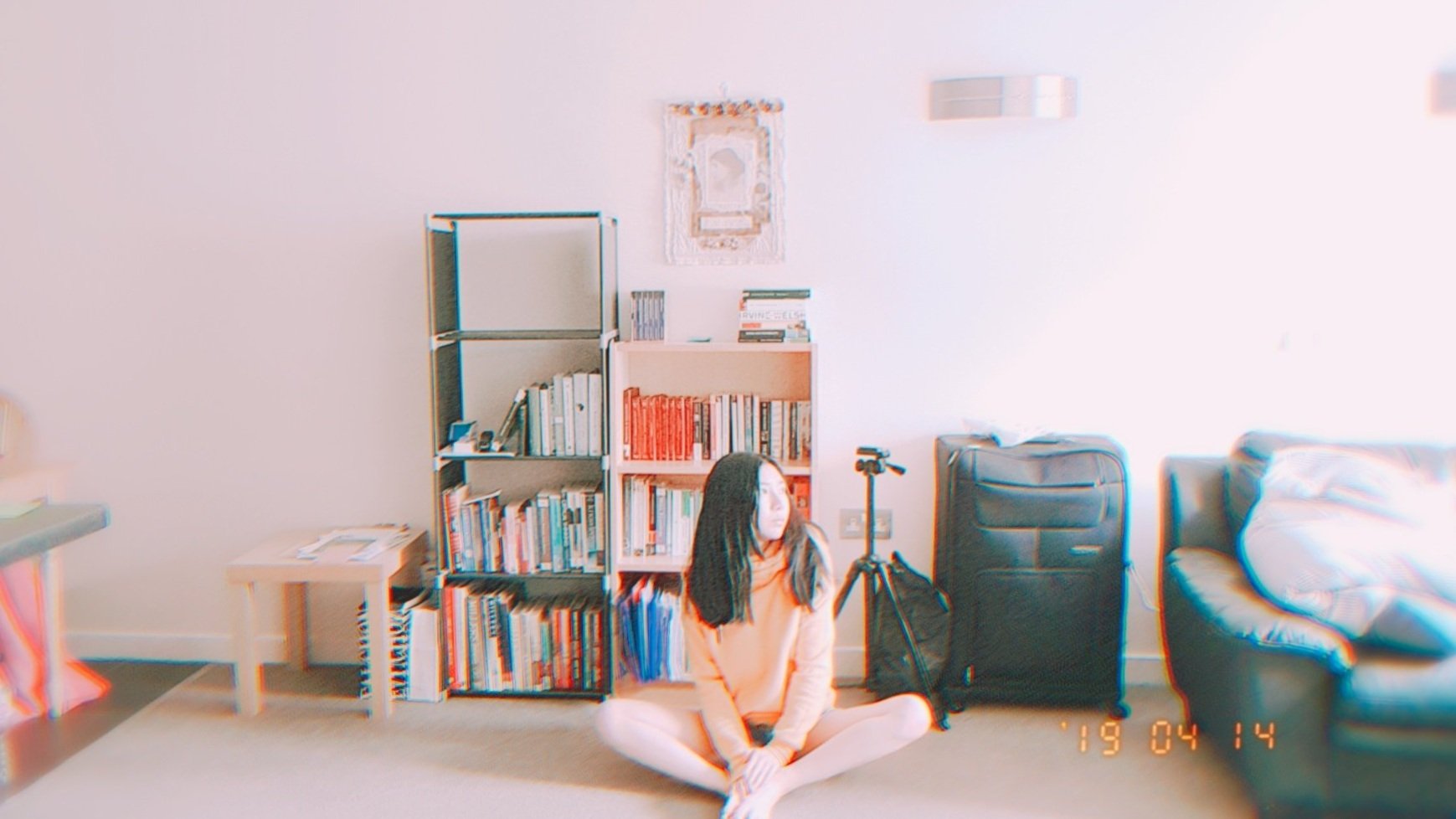Towards a Neurodiverse Future i.
This bite-size post/excerpt was originally published as part of a neurodiversity series in 2019 by ART (Art Research Together) for the All Young Stories: Diverse Voices in Storytelling Symposium where I was part of the Q&A Diversity Panel as a neurodivergent writer of colour who writes for children.
I. How and Why I Write – Towards a Neurodiverse Future
Stories taught me how to live—I learned from books how people interact, how they think, how the things they feel translate into body language. The questions I’ve had growing up, the answers I’ve revised repeatedly over the years, the lives I’ve lived in the pages of books have shaped me into the person I am today.
I write for children because I know how hard growing up can be. When you are young, everything you feel, see, hear is so much more immediate, so much more vibrant, and as exciting as that sound, it can also be equally terrifying. Your life changes every single day when you are young—at every new fact you learn about the world, at every new street corner you discover; a lake is as big as an ocean, and a walk in the park is never just a walk in the park. I write for children because I want to be there for them. Stories were there for me when I had nothing else.
At the core of every good fiction is the human experience. I know this because Asperger’s has turned my whole life into one arduous attempt at determining the parameters of the human condition, its limits and its universality. I spent my formative years searching for an answer to one question: what makes a human a human? I’ve read widely to this end; I wanted desperately a manual that would help me navigate and interpret the absurdity of the neurotypical world. I wanted to live safely within its confines in the hopes that one day I’ll become as human as everybody else.
This reflects in my fiction which examines the human condition from the perspective of someone on the outside looking in. These days, it is to the conclusion that not only are our differences reconcilable but also that our faculty for reconciling these differences determines the extent to which we are human.
Stories have taught me how to understand people, and writing has taught me how to connect. These days, when I look at the world, I can finally see the people in it, which has made me feel a lot less angry, and a lot less alone.
I am genuinely happy for young people growing up in this time, because there is more awareness now, and there are people fighting for them so that their voices can be heard. I don’t think I can ask for a better time to be alive in; since I was born in a less accepting world, I now get to truly appreciate the positive changes that are being made.
Thank you for showing people like me that the world does care, and that we don’t have to figure it all out all on our own. I have no doubt that because of everybody’s kind efforts things are going to keep changing for the better.
* * *
Full panel script available here.
This bite-size post was originally published as part of a series in 2019 by ART (Art Research Together) for the All Young Stories: Diverse Voices in Storytelling Symposium.
